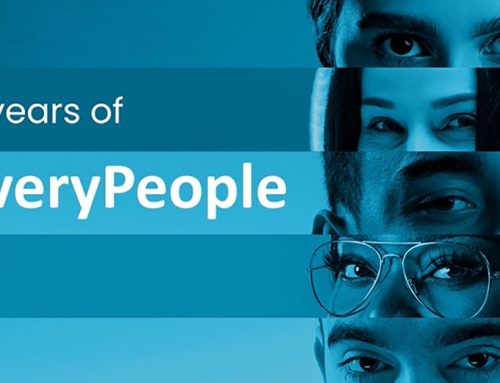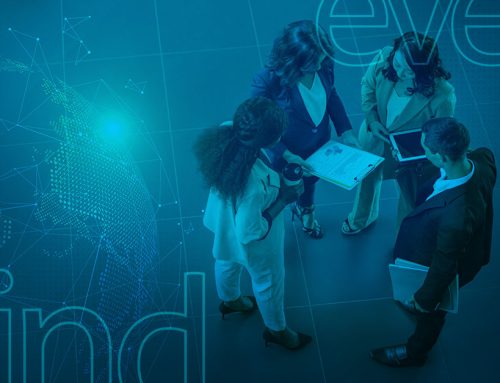By: Eduardo Nunes Generative artificial intelligence has the potential to significantly transform the nature of work in various industries and areas.
As we move towards an increasingly digital age, companies are gradually adopting AI-based solutions to optimize processes, reduce costs and increase operational efficiency.
The impact of Generative AI on work processes
AI/R Group’s vision is clear: to use artificial intelligence not only to automate routine tasks, but also to generate new ideas and valuable insights.
Generative AI, for example, is not just limited to replicating human tasks, but goes further, creating content, projects and creative solutions that would previously have been unthinkable without direct human intervention.
Sectors such as manufacturing, health, finance and services have adopted AI to improve diagnostic accuracy, personalize customer experiences, predict market demands and much more.
This not only streamlines processes, but also opens doors to innovations that can redefine competitiveness and market leadership.
Everymind’s commitment to 360° value creation
At Everymind, we are committed to creating 360° value every day for our customers, employees, partners and communities.
By integrating artificial intelligence into our processes, we seek not only to improve efficiency and reduce costs, but also to promote continuous and sustainable innovation.
I am incredibly grateful to our team of exceptional talents for living our core principles every day and for everything they do to create 360° value for our customers, employees and communities.
We are proud of our commitment to transparency, fairness and equality.
We often ask ourselves: what more can we do?
It’s a question we all need to keep asking as we work towards a fairer future for all.
The AI Revolution: transforming companies from end to end
Generative AI is no ordinary technological revolution.
This is the first time in 30 years that I’ve seen a single technology with the potential to reinvent every part of a company.
From creating new products to optimizing supply chains, personalizing user experiences and predicting market trends, generative AI is breaking down barriers and opening up new horizons for the future of business.
Challenges and ethical considerations
Despite the obvious benefits, the widespread adoption of AI also brings significant challenges.
Issues related to data privacy, algorithmic bias and the potential impact on the human workforce are pressing topics that need to be addressed carefully.
It is crucial that organizations implement robust data governance and AI ethics measures to ensure that the technology is used responsibly and beneficially for all stakeholders.
In addition, it is important to invest in training and retraining programs so that employees can adapt to the changes brought about by generative AI.
Delivering better results and more value for our customers, partners and communities
The transformation of work processes through artificial intelligence represents a significant step towards a more efficient and innovative future.
By reducing operating costs and providing valuable insights, this technology promises to revolutionize the way companies operate and compete globally.
We are living in a time when AI is no longer a future promise, but a current reality.
Adopting this technology can turn challenges into opportunities, paving the way for a more efficient future.
However, it is essential to address the ethical and practical issues associated with its implementation.
Only through a responsible and inclusive approach can we ensure that AI fulfills its full potential as a positive force for business and social progress. Did you like the article? Share your thoughts and opinions in the comments below!










Leave A Comment